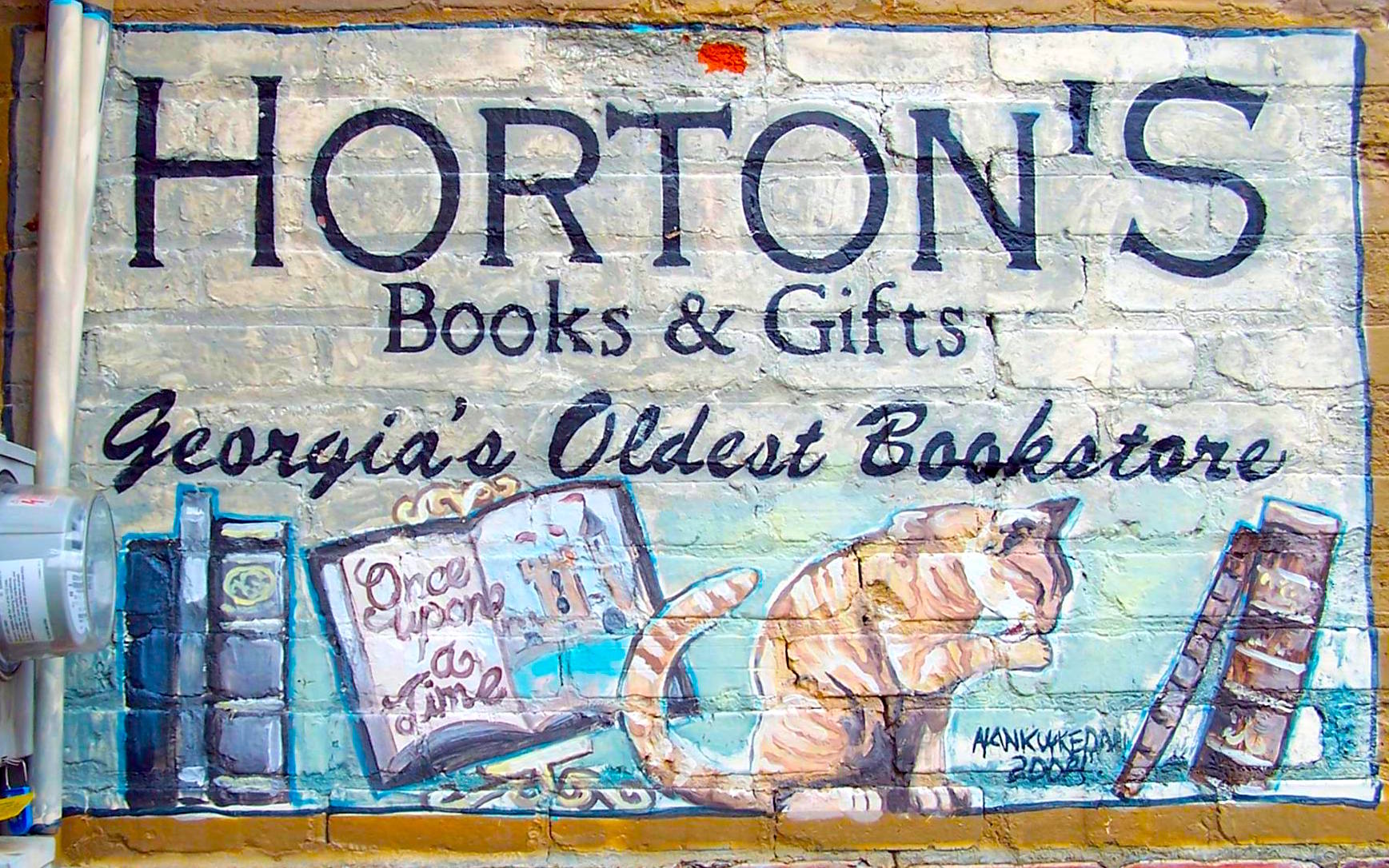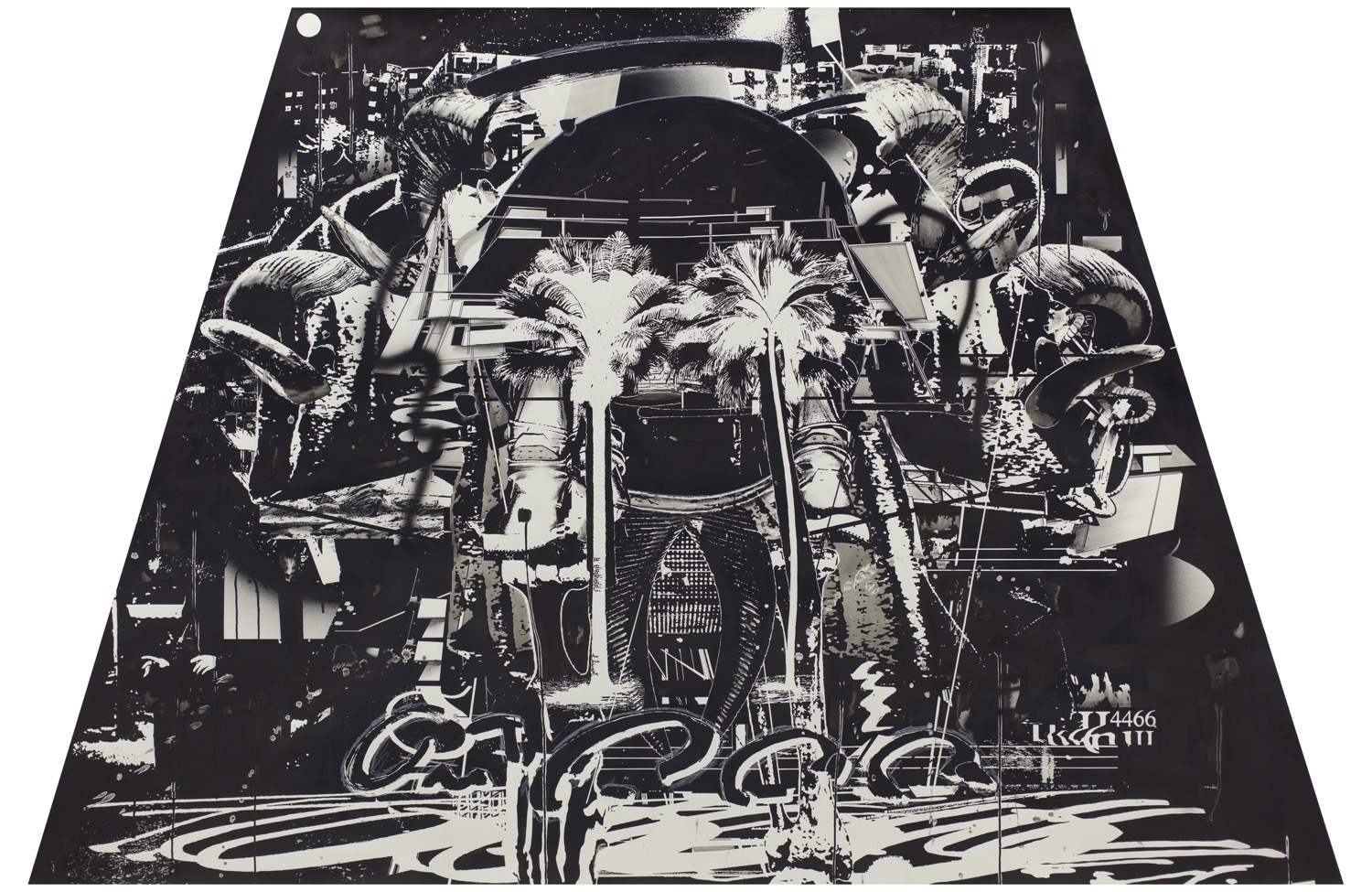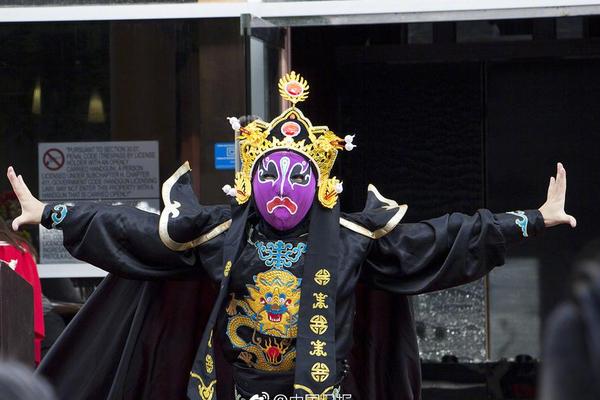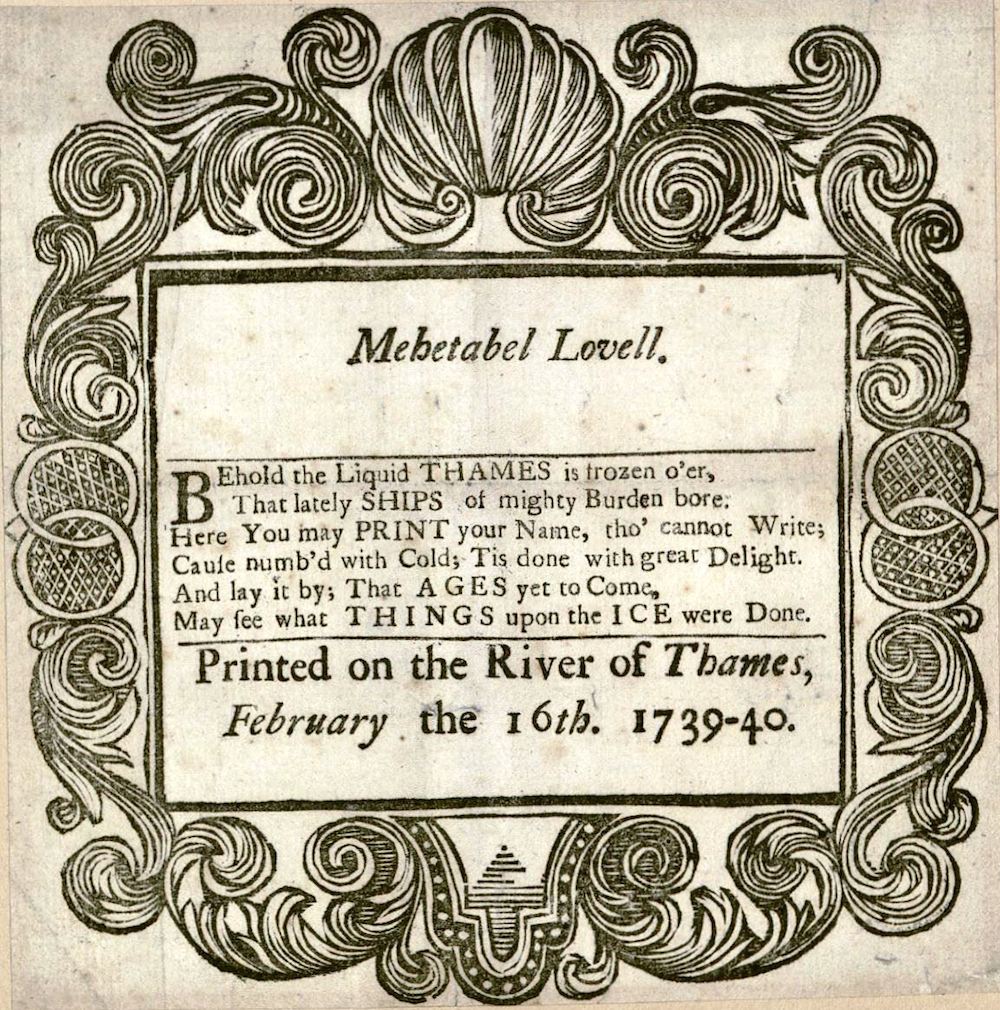Spend more than 20 seconds thinking about how any one X-Menmovie connects to another,Watch Nun in Rope Hell (1984) full movie and you'll probably find yourself throwing up your hands in exasperation.
SEE ALSO: Marvel and Fox's 'The Gifted' trailer actually mentions the X-Men, so we're into itIs the Caliban in X-Men: Apocalypsethe same one that's in Logan? Is there a canon reason that the DeadpoolDeadpool is so different from the X-Men Origins: WolverineDeadpool? Is it weird that First Classand Apocalypseare set 20 years apart, but everyone's only aged five years? How can Blink be in The Giftedwhen she came from the future in Days of Future Past?
For that matter, is The Giftedeven supposed to take place in the same continuity as the X-Menmovies? How about that other X-Menshow, Legion? Or any of the other X-Men-related TV projects in the works?
At a time when meticulously interconnected cinematic universes are in vogue (think Star Warsor the Marvel Cinematic Universe), X-Men's complete disregard for continuity seems quaint, bizarre, even maddening. But the same inconsistency that makes X-Mensuch a frustrating franchise is also what allows the individual X-Menfilms and series to shine.
When did X-Men continuity get so screwy?
 Original image has been replaced. Credit: Mashable
Original image has been replaced. Credit: Mashable Although the X-Menfranchise kicked off the current wave of superhero movies, it was the MCU that started the craze for shared universes. And while other major superhero properties have changed to keep up – Warner Bros. is currently building its own DCEU, while Sony made a deal to bring Spider-Man into Disney's MCU – X-Menhas continued to ... not really give a shit about continuity.
The first three X-Menmovies proceeded in a more or less linear fashion, but after that, things started to go off the rails. X-Men: The Last Standwas followed by X-Men Origins: Wolverine, the spinoff no one wanted to remember, and then the entire franchise got a soft reboot with X-Men: First Class, a prequel set in 1962.
Right off the bat, there were things that didn't add up. Nothing about the earlier X-Menfilms suggested that Professor X and Mystique had any significant relationship, yet First Classestablished that they were essentially foster siblings. The first X-Menshowed us a 30something Cyclops circa 2000, but First Classintroduced Havok – Cyclops' little brother in the comics – as a young man in the 1960s.
 Original image has been replaced. Credit: Mashable
Original image has been replaced. Credit: Mashable The sequel to First Class, Days of Future Past, did little to clear up any of that confusion. But it did wipe the slate clean for future films, using time travel to reboot the entire timeline after 1973. Theoretically, this was a chance for the franchise to move forward with a more coherent narrative, free of any obligation to line up with the decisions made in the original X-Mentrilogy or The Wolverineor most of X-Men Origins: Wolverine.
They didn't take it. Among its other sins, Apocalypseconveniently forgot where Days of Future Pastleft things with Wolverine and Mystique, and inexplicably maintained the pattern of jumping ahead one decade per installment without aging up any of its characters. Meanwhile, spinoffs muddied the waters even further. It's not at all clear how Deadpoolor Loganintersect with the current X-Mencontinuity – or even, really, whether they're even part of it at all.
How inconsistency hurts the X-Men franchise ...
 Original image has been replaced. Credit: Mashable
Original image has been replaced. Credit: Mashable The problems with X-Men's narrative inconsistencies should be obvious. Apocalypseis probably the worst of the recent X-Menfilms because it tries to have its both ways. It makes very little effort to establish its characters, apparently assuming audiences will remember any relevant info from earlier films – but at the same time, it can hardly be bothered to keep its own stories straight.
The ten-year jumps between First Class, Days of Future Past, and Apocalypseturn out to be a lazy way to soft-reboot the series, so that each installment can hand-wave away whatever happened in the last installment and go about rehashing the same plot points all over again. The team needs to be rounded up again to fight some greater evil. Charles is so sure there is still good in Erik, only to be proven wrong. Et cetera, et cetera, rinse and repeat.
In contrast, the MCU is the master of integrating storylines for maximum impact. The rift between Captain America and Iron Man in Civil Waris painful to watch because we've spent so many years invested in their friendship, for instance, and Star-Lord and Yondu's relationship in Vol. 2is all the more poignant because we remember their dynamic from the first Guardians of the Galaxy.
For fans like myself, then, who've been trained by Marvel to connect the dots, it's confounding to deal with a franchise that barely even seems like it's trying to make sense. And it's kind of puzzling to come across something like Legion, which references familiar elements of X-Menmythology but doesn't seem to fitwith the rest of the universe on any level.
... But becomes a secret weapon for the individual X-Men projects
 Original image has been replaced. Credit: Mashable
Original image has been replaced. Credit: Mashable If this messiness is a drag on the franchise as a whole, though, it's also a boon for the individual projects that make up that franchise.
Apocalypseaside, the X-Menfranchise has had a remarkable run over the past couple of years. Deadpoolwas a breath of fresh, salty air in a sea of PG-13 blockbusters. Loganventured into the world of Westerns and came back as one of the very best superhero movies of the past two decades. Over on the small screen, Legionfelt like nothing we'd ever seen before from X-Men– or even TV in general, really.
And the reason it's been able to hit these highs is that none of these X-Menprojects were tied down by what any of the other X-Menprojects were doing. It's hard to imagine something as idiosyncratic as Legionsurviving endless meetings about continuity and uniformity. When Legiondecided to reference Charles Xavier (albeit obliquely, for now), it didn't concern itself with matching the version of him we saw in First Classor the original X-Men. It just pulled him into the story and did with him as they saw fit.
Or take Legion's oddly timeless setting. It's exactly the kind of detail that'd never fly in a continuity-obsessed franchise like the MCU, because it'd go against everything the MCU has done to make their world seem like a real, coherent place. Even if the MCU wantedto pull of that kind of mysterious, dreamlike setting, it probably couldn't – we know that world too well at that point.
 Original image has been replaced. Credit: Mashable
Original image has been replaced. Credit: Mashable Similarly, Deadpoolisn't waiting around for the core X-Menfilms to catch up to the present day. (As of Apocalypse, we're in the '80s; the next film, Dark Phoenix, is expected to bring us into the '90s.) It cheekily acknowledges that, outside of the two X-Men that Deadpool runs into repeatedly, the X-Men are nowhere to be seen, and then it goes off to do its own thing. Deadpool is free to smash through the fourth wall because those four walls contain only himself and his close associates – not the entire X-Menfranchise.
Of the recent X-Menmovies, Loganstrikes probably the most ideal balance between franchise entry and standalone film. It benefits from the fact that we've been watching Hugh Jackman play Wolverine for the past 17 years. When the movie ends, it feels like the end of an era not just for the character, but also for us. Still, it doesn't go out of its way to reference past adventures or set up future films (Deadpool-centric prologue aside). There's just a single, streamlined story about a man reckoning with his legacy and facing his worst fears.
Building a great franchise vs. making a great movie
 Original image has been replaced. Credit: Mashable
Original image has been replaced. Credit: Mashable None of this is to say that a steadier franchise like Marvel can't put out good movies. Meanwhile, their individual films are still pretty good – Guardians of the Galaxy Vol. 2, in my humble estimation, was one of their best yet. But that commitment to consistency cuts both ways.
Marvel isn't just coherent on a narrative level – it also maintains similar tones and themes across all of its entries. True, the candy-colored snark of Guardians of the Galaxyfelt a world away from the chilly paranoia of Captain America: The Winter Soldier. Step back a bit, though, and it's the same formula with different window dressing: likable leads, quippy dialogue, forgettable villains, world-ending stakes, fake-out deaths, and a big, expensive CG battle in the sky.
That sameness is a feature, not a bug – it's what makes it possible to imagine Captain America standing alongside the Guardians in the upcoming Avengers: Infinity War. It'd be far more difficult to envision, say, a Deadpool/ Logancrossover that does both properties justice without sacrificing what makes each one special. Forget different worlds; the characters feel like they belong to completely different universes. (This despite the fact that Deadpool and Wolverine did, in fact, appear together in X-Men Origins: Wolverine. But no one wants to see that again.)
The result of Marvel's efforts is that they're a greatfranchise made up of pretty good movies. They're one of the most reliable brands in the biz. You know exactly what you're getting with an MCU movie, more or less; that's why we keep flocking to them. But it's also why they've yet to put out a single film as bold as Logan, or a single show as dizzyingly unique as Legion.
X-Mendoesn't have that steadiness, which is why we get sloppy, borderline unwatchable messes like Apocalypse. However, that's also why we get swings as wild and ambitious as Loganor Legionor Deadpool. (The Wolverine, which I've barely mentioned so far, falls somewhere between the two sides. It's best when it's unusual and worst when it's sticking to formula.) In other words, X-Menis a crap franchise – and that's why their individual projects have the room to be great.
Featured Video For You
Everything you need to know about Wolverine before watching 'Logan'







